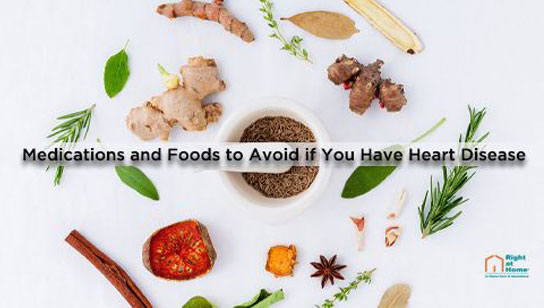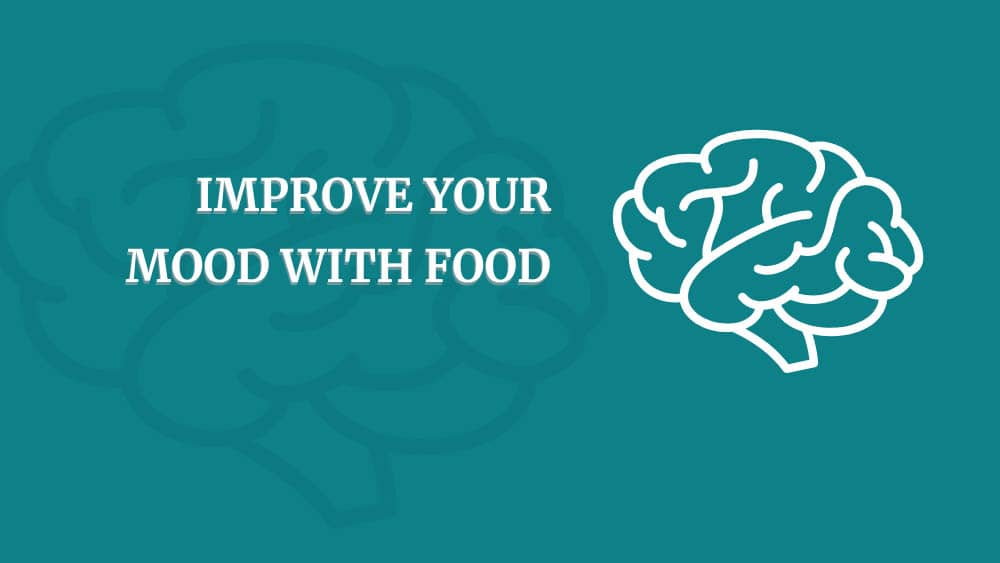

Medications and Foods to Avoid with Heart Disease
For both men and women, heart disease is the leading cause of death in the United States, killing 25 percent of all people. February is American Heart Month, a reminder to protect heart health. High LDL cholesterol, high blood pressure and smoking are chief risk factors for heart disease, and the Centers for Disease Control and Prevention (CDC) reports that almost half of Americans have at least one of these three risk factors.
Heart patients do not always realize that a number of drugs and foods counteract heart medications and should be avoided or consumed in lower amounts, including the following:
- Certain fruits and vegetables. Grapefruit and pomegranate are culprits in interacting with medications to lower high cholesterol (Lipitor, Zocor, etc.). Leafy, green vegetables rich in vitamin K such as spinach and kale pose problems for people on blood thinners. Individuals taking anti-coagulant medications including Coumadin or its generic name Warfarin need to find a careful balance of what and how much of high-K veggies they can eat. High-sodium and high-fat foods including aged cheese, bologna, sausage and pepperoni also can raise blood pressure.
- Vitamins and herbal/nutritional supplements. Many physicians and nutritionists recommend that a wholesome, varied diet is the best way to benefit from a well-rounded amount of vitamins. If you do have a heart condition and take vitamins or herbal/nutritional supplements, beware of which ones cause blood pressure to rise and can interfere with heart medications. Popping a multivitamin may cause more harm than good.
- Nonsteroidal anti-inflammatories (NSAIDs). Some common NSAID medications for arthritis and overall pain relief, including aspirin, ibuprofen (Advil, Motrin) and naproxen (Aleve), may cause the body to retain fluids and blood pressure to elevate. Higher blood pressure and slower-working kidneys can trigger a heart attack or stroke. An anti-inflammatory option is acetaminophen (Tylenol), but ask your doctor what’s best for your body. Never take more than the doctor-prescribed amount of aspirin to prevent a stroke or heart attack.
- Cough and cold medications. These products may contain NSAID ingredients and decongestants that are known to raise heart rate and blood pressure or prevent some heart medications from working correctly. Check the dosage instructions for over-the-counter (OTC) drugs prior to purchasing them, because warnings are now included on some products to not take them if you have high blood pressure.
- Antibiotics. The U.S. Food and Drug Administration (FDA) warns that Zithromax, commonly called a Z-pack, may lead to abnormal — and sometimes fatal — heartbeat changes in people at risk for heart problems.
- Weight-loss drugs. Appetite suppressants are stimulants that increase blood pressure and put more stress on the heart. Heart patients should always consult with their doctor about taking any weight-loss supplements.
- Migraine medications. Some migraine medicines can narrow blood vessels throughout the body. Tightened vessels push blood pressure higher, even to dangerous levels.
- Alcohol. For some people, consuming a low or moderate level of alcohol can protect against heart disease and stroke, but heavy drinking or binge drinking can damage the heart muscle and cause heart failure. Anyone with a history of cardiovascular disease should seek professional medical advice before using any amount of alcohol.
Ever since President Lyndon B. Johnson in 1964 declared February as American Heart Month, the annual campaign brings to the forefront that heart disease can often be prevented with regular physical exercise, a balanced diet and awareness of foods, medicines and other products that heighten cardiovascular risks.
What foods, medications and supplements have you found increase heart problems?







